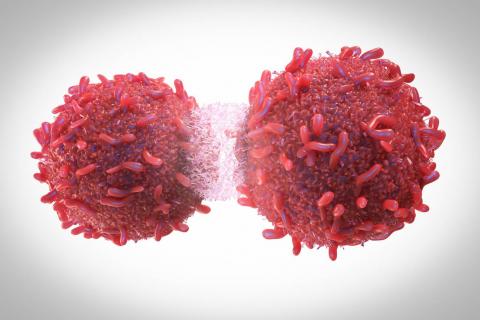Reaction to study linking ultra-processed food consumption with increased risk of colon cancer in men
A study published in the BMJ has found a link between overall ultra-processed food consumption and an increased risk of colorectal cancer in men. The association has not been seen in women.

Miguel Ángel Martínez - ultraprocesados cáncer EN
Miguel Ángel Martínez González
Professor of Preventive Medicine and Public Health at the University of Navarra and Adjunct Professor in the Department of Nutrition at the Harvard T.H. Chan School of Public Health (United States)
The results are convincing and supported by good methodology after three decades of follow-up. I know these cohorts well and they are the best quality cohorts available in nutritional epidemiology.
They are consistent with the increased mortality that we also observed in Spain in association with ultra-processed foods, including cancer mortality, in an article we published in the same journal three years ago. They coincide with other studies, such as that of Dora Romaguera, with whom we also collaborate from our group and which they cite here.
The results have biological plausibility due to the increased risk of adiposity associated with the consumption of ultra-processed foods, the carcinogenic effect of certain additives and also the pro-inflammatory and pro-oxidant effects of a dietary pattern rich in ultra-processed products.
The differences between men and women can be explained by the higher oestrogen to testosterone ratio in women, among other reasons. Also because women may tend to consume more dairy or yoghurt-type products within the ultra-processed set.
The implications are clear and are the ones we have been repeating: return to the traditional Mediterranean diet (that of the 1950s and 1960s) which is based on unprocessed or minimally processed, natural foods, of more vegetable than animal origin and which is frugal. We are all concerned about the rising incidence of colorectal cancer, especially in young people, and such a frugal Mediterranean diet would be a great solution.
The main limitations of the paper are twofold:
1) That there may be factors that have not been measured (and therefore could not be controlled for), and this is called possible "residual confounding", although they have measured many factors.
2) That the measurement of diet is always imperfect, although this group is perhaps the most expert in the world in the art of diet measurement.
Translated with www.DeepL.com/Translator (free version)
Lu Wang et al.
- Research article
- Peer reviewed
- Observational study
- People



